 Get a quote
Get a quote
Discover essential tips for optimising lead times in precision machining, including effective design practices and alternative buying methods. Learn how Penta Precision can streamline your CNC machining projects for faster delivery and improved efficiency.
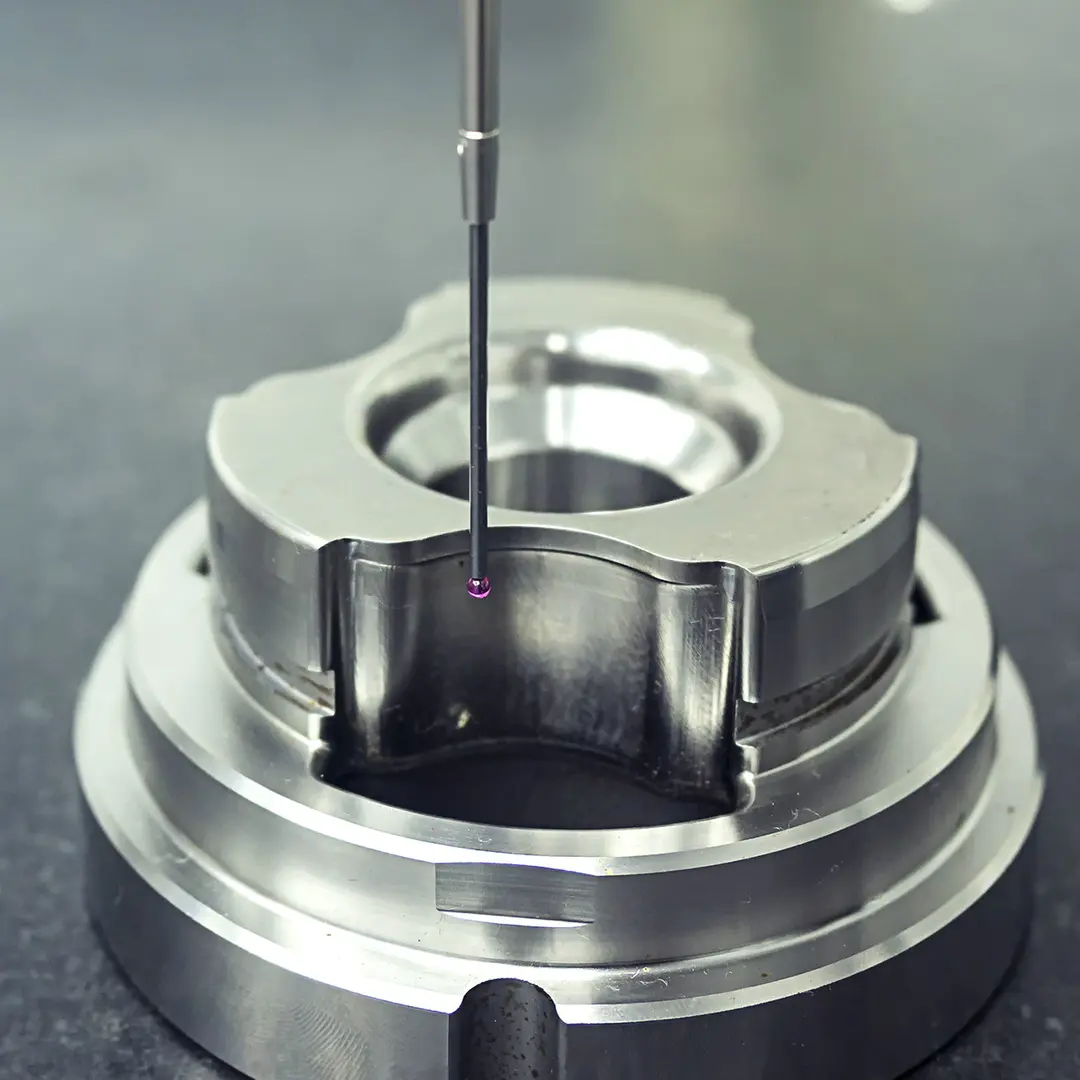
Procuring subcontract precision engineering for medical device components can be a minefield. Sourcing the right fit for your supply chain is far from easy because of the sheer number of players out there. Many claim to be specialists in their own particular sphere of CNC machining (while still taking on plenty of non-core work). And you will know from experience that some precision engineers are more precise than others.
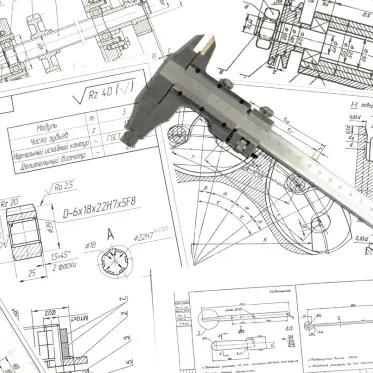
You're not happy with your existing CNC machining suppliers. You're seeing warning signs relating to quality, SLA breaches and late deliveries. That's never good – particularly for critical sectors such as medical or aerospace.
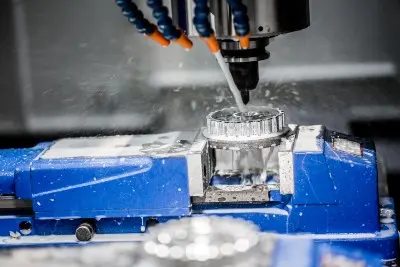
Quality issues and inconsistency… failure to meet SLAs… wrong skill set… late deliveries. These are four of the biggest issues involving suppliers. They make procuring CNC machining challenging and stressful. They waste time and money. But they're not the only reasons to change supplier. Here are four more…
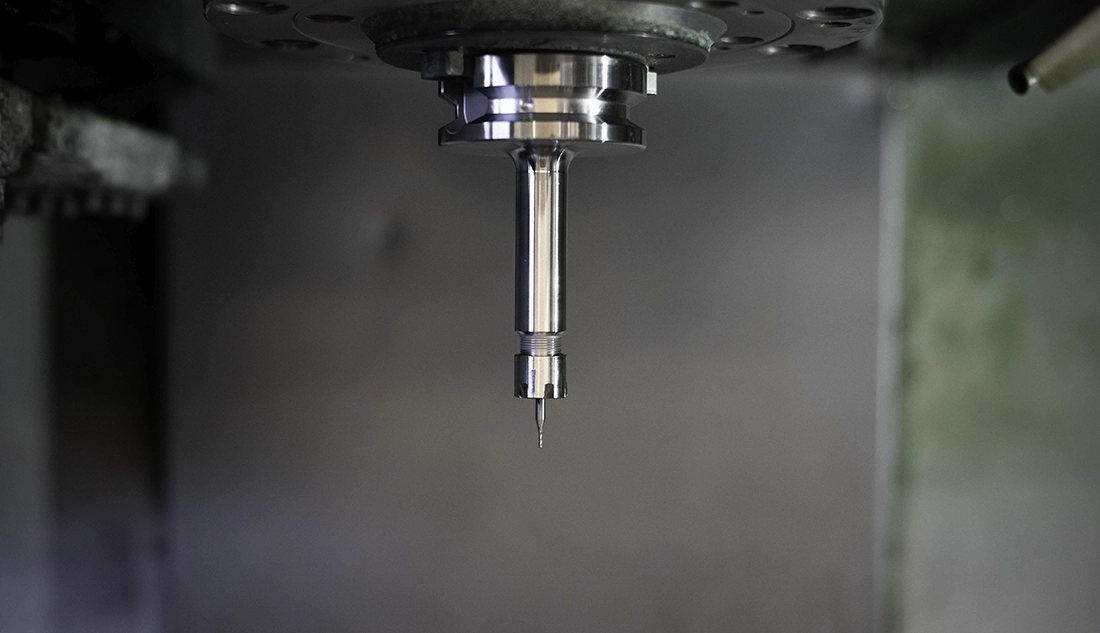
If you're unhappy with your CNC machining supplier(s) then you don't need anyone to tell you it's time to look at other options. But if the jury is still out, this blog post (and free guide) will help you to review your options and decide on the best course of action. Here are the four most common reasons that procurement professionals – either buyers or specifiers – contact us because they're unhappy with their existing machining suppliers…
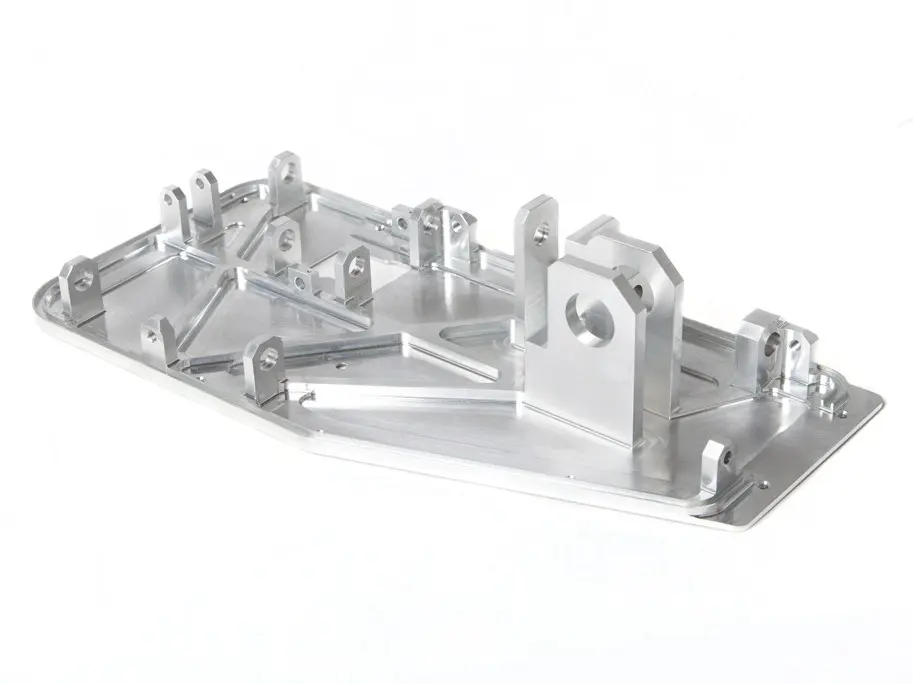
Aluminium is not like stainless steel: there is no one 'stand out' grade that is the first choice for medical devices. There is no '316L' of aluminium. Instead, as a purchaser of medical component machining solutions, you are confronted with a plethora of aluminium grades – any, all or none of which may suit your specific medical application. To suggest that's a challenge is an understatement. But it also offers you a great opportunity to improve quality, consistency and savings. How so? Simply this… you won't be on '316L autopilot' as sometimes occurs in the world of stainless steel medical components.
.webp)
A strategic partnership enabled a leading UK battery solutions provider to secure and grow a long-term contract in the medical equipment industry by expanding its manufacturing capabilities.
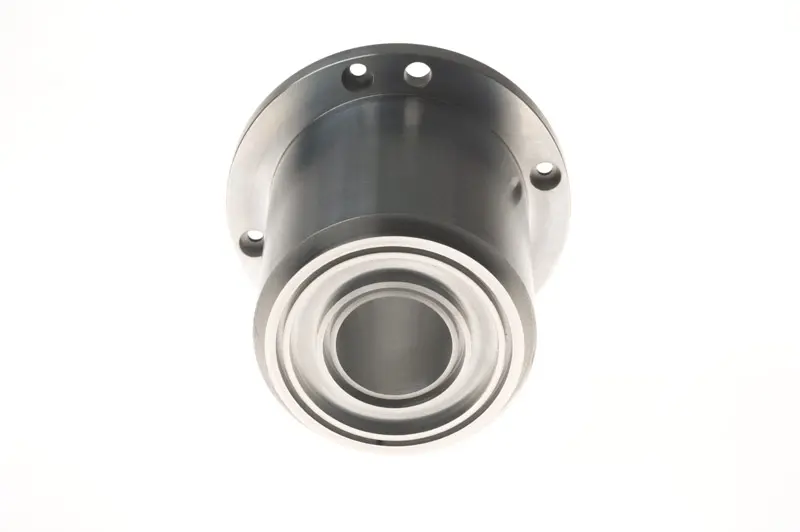
316L is usually the first choice for medical manufacturing but it is not the only stainless steel that is available for healthcare applications. Other grades of medical stainless steel may be better suited for your purposes and/or more cost effective. But let's start with 316L. Here is why it is the 'go-to' stainless steel for most medical applications…
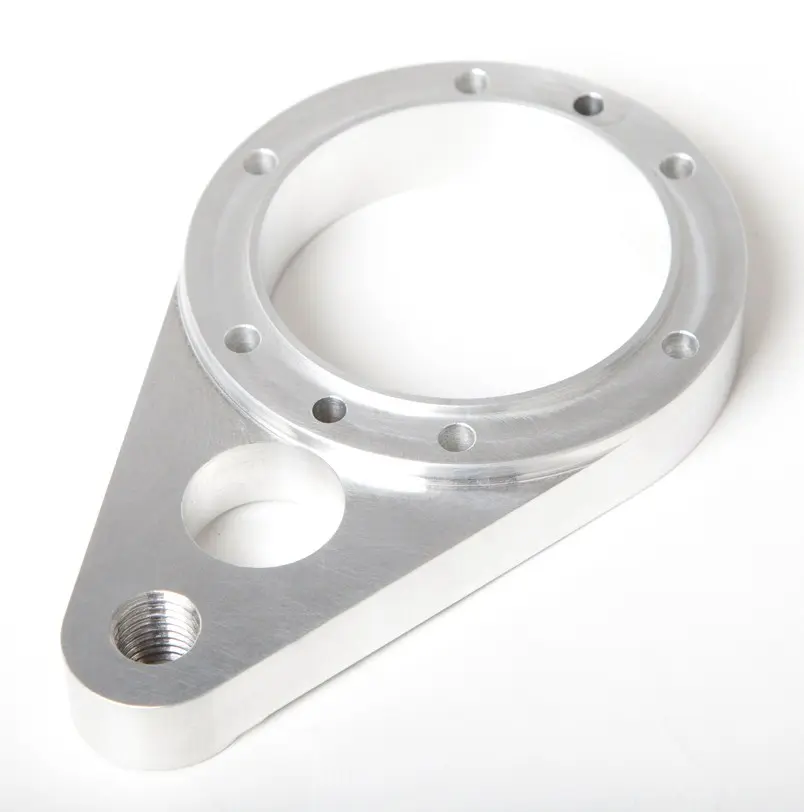
Penta helps with an urgent request for a nozzle clamp to be manufactured in aluminium tooling plate for a manufacturer of food processing and packaging machinery systems for international, blue chip organisations.
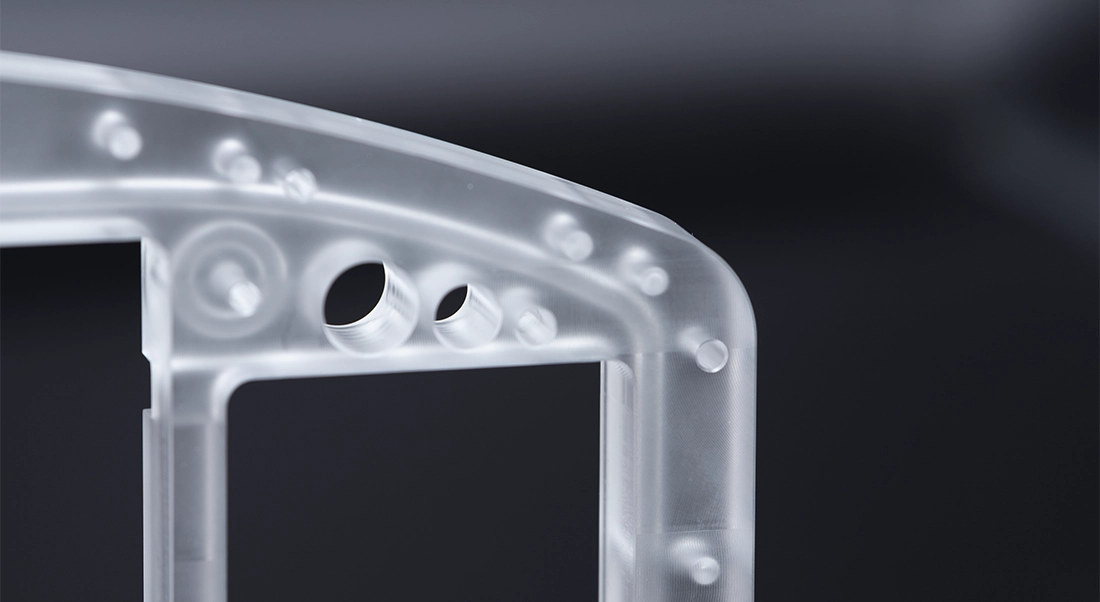
Plastics can be harder to machine than metals: they can be less forgiving. Machining plastics requires specialist expertise – the kind that comes only with years of experience. But that's just half the battle. Not every plastics machining specialist has the experience needed to meet the stringent requirements of medical equipment OEMs. Choosing the right machining partner for medical applications is vital to ensure quality, consistency, validated processes and traceability of materials.
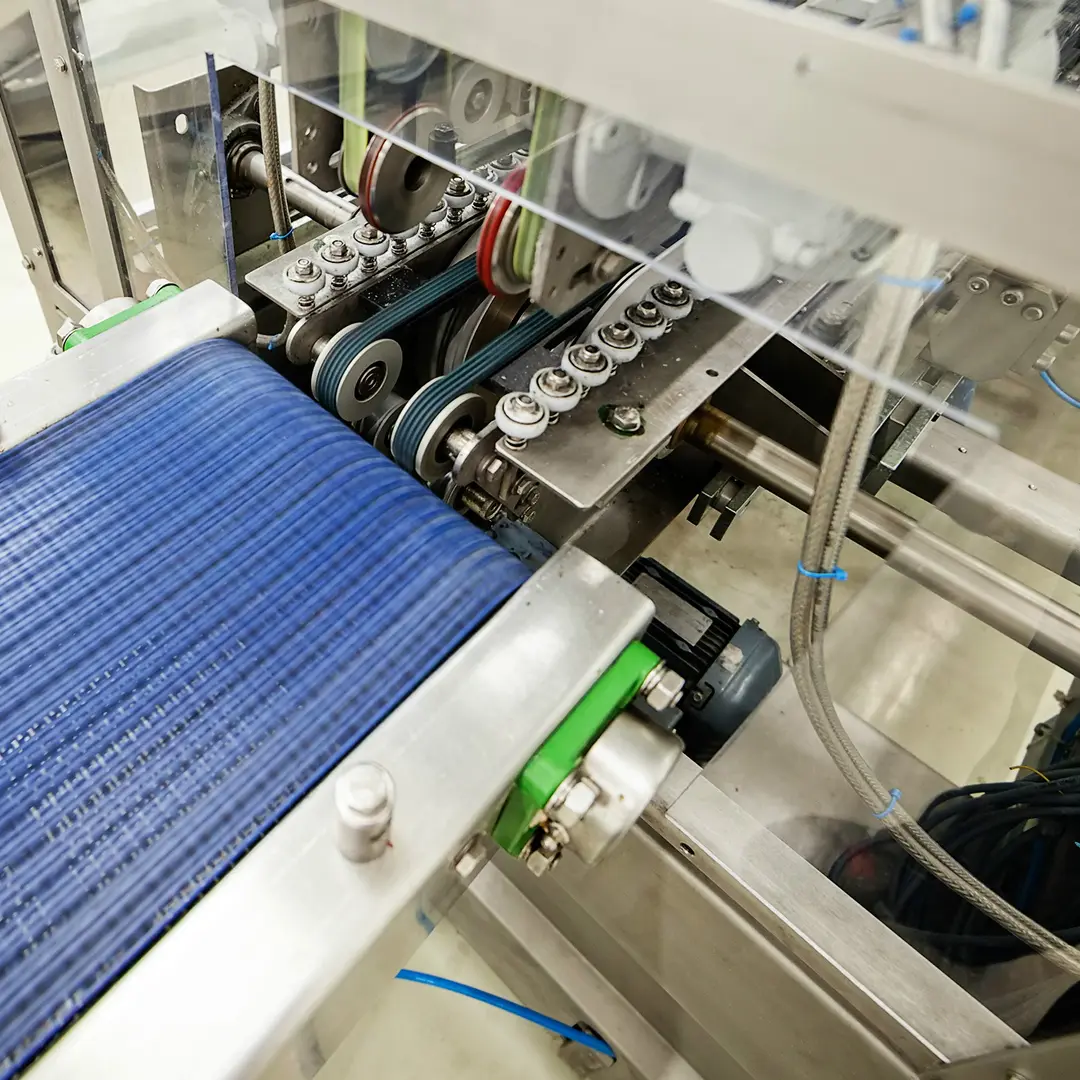
Medical devices are critical products: lives depend on them. Your company's life-saving products rely on the quality of the components you specify and the validated processes of the suppliers you appoint. Consistency of quality is crucial. Your suppliers must maintain that quality while hitting production deadlines with unerring precision. But you and your team are still under huge pressure to keep costs down; it can feel like a never-ending conflict of priorities. And yet many of those costs should never be there in the first place.
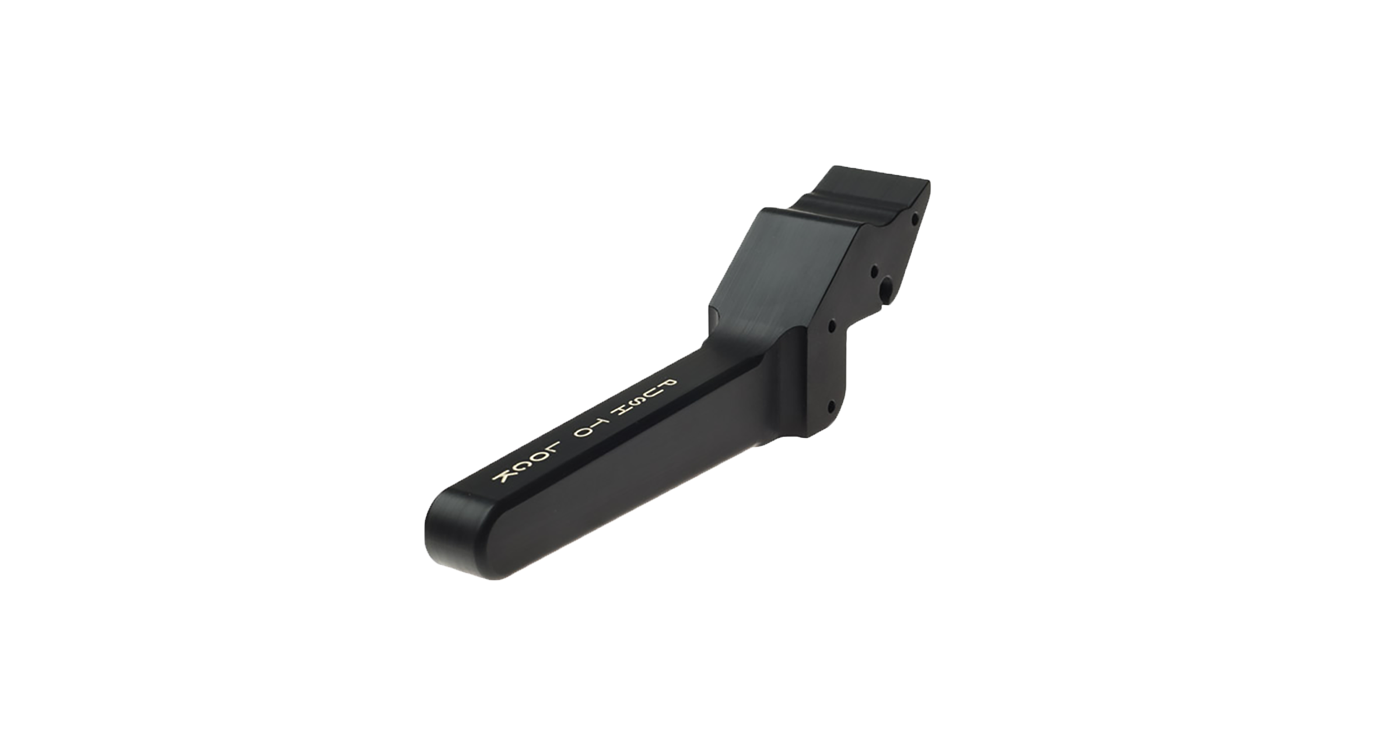
Penta's aluminium and plastic machining capabilities helped relieve the project strains of a fast moving motorsports manufacturer in the UK by providing parts at short notice and exact to specification.

Penta's toolmaking and aluminium machining skills answer an urgent requirement from a pharmaceutical manufacturer.